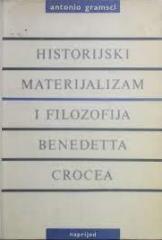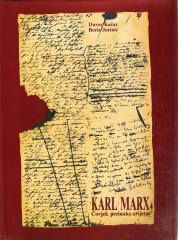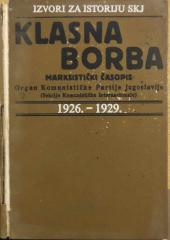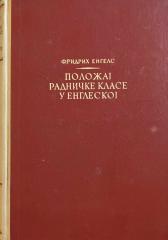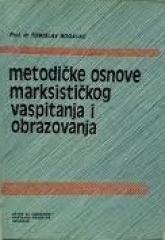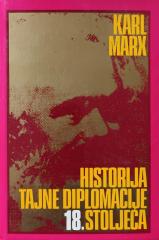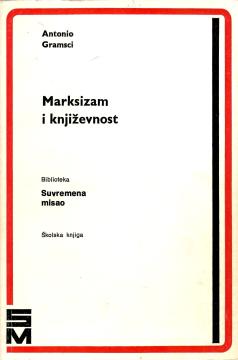
Marksizam i književnost
Antonio Gramsci, der italienische marxistische Philosoph, dachte intensiv über die Rolle von Kultur und Literatur in der Gesellschaft nach. Die von Vjekoslav Mikecin ausgewählten Werke dieser Sammlung geben einen Einblick in seine Analyse der Beziehung zw
Gramsci führte das Konzept der kulturellen Hegemonie ein, um zu erklären, wie die herrschende Klasse ihre Dominanz nicht nur durch politische und wirtschaftliche Macht, sondern auch durch die Kontrolle kultureller Normen und Werte aufrechterhält. Die Literatur spielt als Teil des Kulturraums eine Schlüsselrolle bei der Gestaltung und Erhaltung dieser Werte. Laut Gramsci nutzt die herrschende Klasse Literatur und Kunst, um ihre Ideen als „gesunden Menschenverstand“ und universell zu fördern und so die Zustimmung der unterdrückten Klassen zur bestehenden Ordnung sicherzustellen.
Gramsci kritisierte den reduktionistischen Ansatz, der Literatur ausschließlich durch das Prisma ökonomischer Faktoren betrachtet. Obwohl er die Bedeutung materieller Bedingungen erkannte, glaubte er, dass die Literatur eine relative Autonomie habe und dass kulturelle Elemente eine Schlüsselrolle bei der Gestaltung des gesellschaftlichen Bewusstseins spielten.
Gramscis Überlegungen zur Literatur bieten tiefe Einblicke in die komplexe Beziehung zwischen Kultur, Macht und sozialem Wandel. Seine Arbeit betont die Bedeutung der Literatur als Mittel zum Verständnis und potenziellen Wandel sozialer Strukturen und hebt die Rolle der Intellektuellen bei der Gestaltung und Infragestellung kultureller Hegemonie hervor.
Jedan primerak je u ponudi
